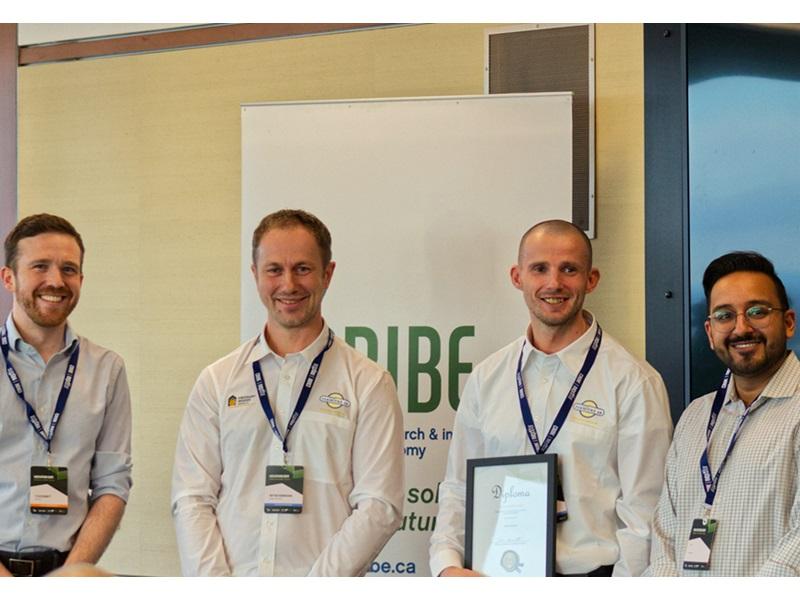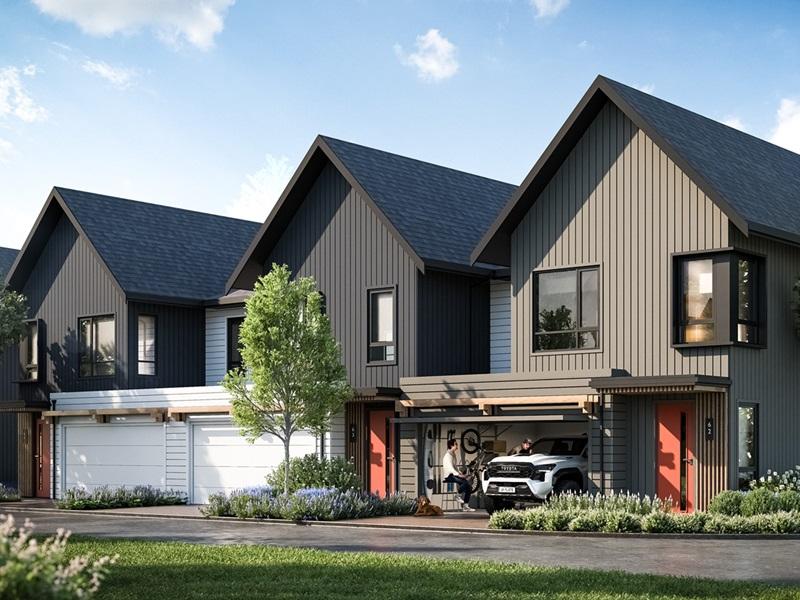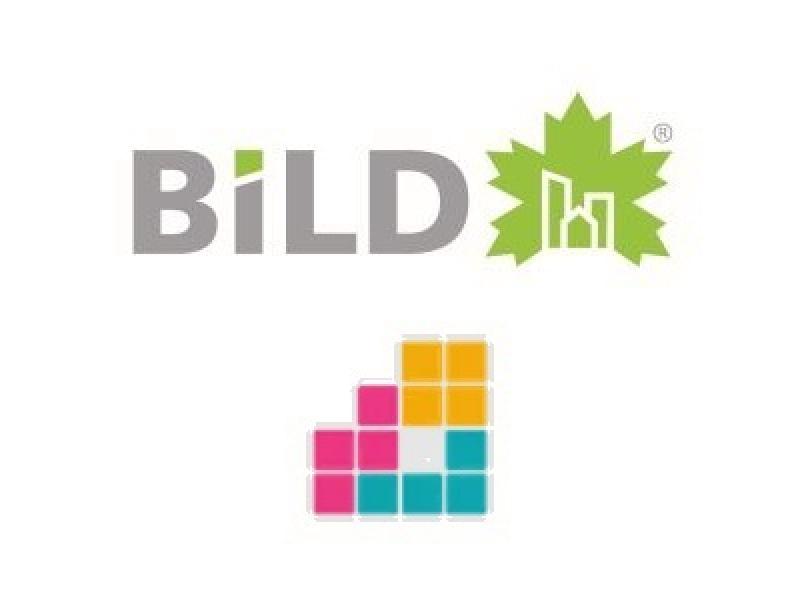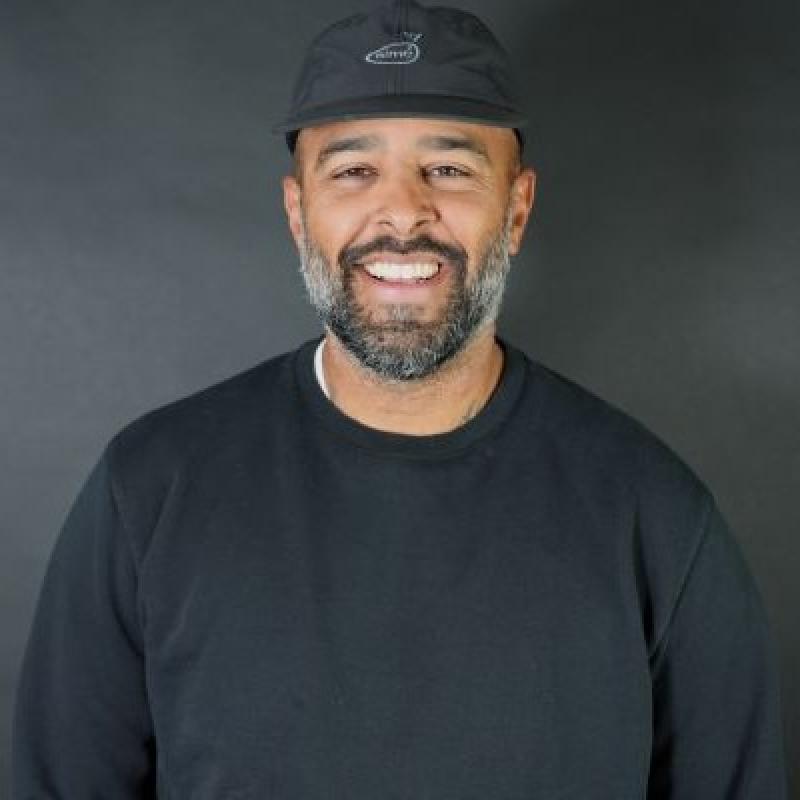
Equipping communities and developers with the tools and know-how to create more middle housing is the mission for mddl, a Calgary company that shared second place in the Canadian government’s Housing Supply Challenge.
Founded in 2023 by CEO Alkarim Devani and president Darlene Jehn, mddl is a social enterprise and consultancy “focused on empowering everyday people to explore what it takes to redevelop either their homes, or help create more housing solutions,” Devani said in an interview with RENX Homes.
To that end, the company educates Canadians on the opportunities and development of middle housing, advises municipalities on a framework that hastens approvals, and offers technologies that assist in housing development.
Middle housing is defined by Carolyn Whitzman, a senior housing researcher and adjunct professor at the University of Toronto’s School of Cities, as medium-density development that can fit onto lots zoned for single-family housing. To mddl, it covers housing that does not include an elevator, and is not a single-family home, such as laneway suites or eightplexes.
The limited supply of such housing options has been called the missing middle problem. Such housing is widely perceived as part of the solution for Canada’s high housing costs. Often in the form of multi-unit buildings, these housing types can introduce more supply to communities and thus lower costs.
The value of middle housing
A housing developer who founded Calgary-based RNDSQR with his brother Afshin, Devani left the company largely in his sibling’s hands to shepherd in more middle housing supply.
With his colleague Jehn, the former vice-president of development at Alberta-based hospitality brand Basecamp Properties Ltd., they brainstormed business models based on their development experience. They settled on empowering and guiding citizens in the steps required to develop land into homes.
To further research the business model, Devani applied for and was accepted into the doctor of design program at the University of Calgary’s School of Architecture, Planning and Landscape.
Though he believes middle housing will not single-handedly solve Canada’s housing “crisis,” having the dwellings built on “underutilized” single-family lots in great locations stimulates economic development, creates family-oriented communities and allows homeowners to get involved, Devani said.
mddl’s offerings
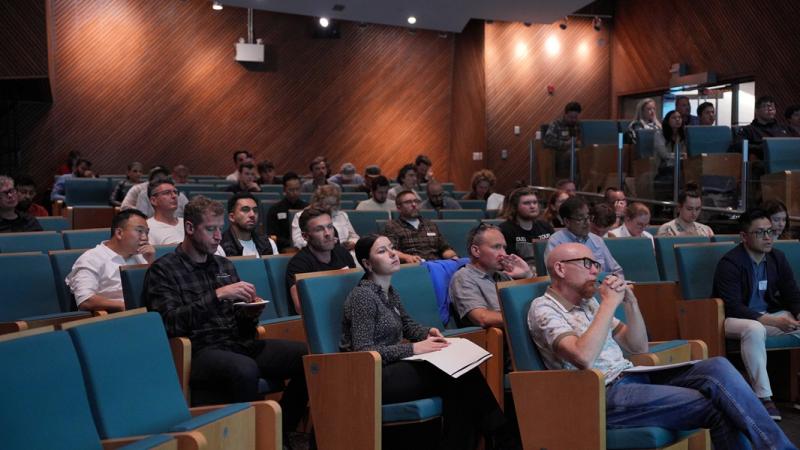
A core offering of the company is mddl School, a full-day, in-person course educating developers, government employees, citizens and homeowners on middle housing development.
“We’re trying to empower, educate, democratize the information – share pro formas, share how you get through, what does it take, connect the ecosystem,” Devani said, “and help bridge the gap and bring people through this process.”
mddl has held classes in Alberta, Saskatchewan and British Columbia for over 1,000 students, and identified up to 4,800 housing units for development.
For more advanced learning, mddl holds Masters, a one-to-one, in-depth coaching program with experienced developers.
To engage and connect peers, mddl Community is available. Membership grants access to tools that aid in development.
One is the Pro Forma Tool, which calculates the financial feasibility of a project. Another is the GIS Lot Identification Tool, which researches details about the development site after the user inputs an address, such as if the project will be eligible for a fast-track plan.
For local governments, mddl has a Municipal Fast-Track program to accelerate the approval process of middle housing projects. The company creates bespoke solutions for every city to expedite development with pre-approved designs.
In Kelowna, B.C., the program has created permit-ready designs for multifamily infill housing that can be approved in 10 days, compared to four months before its implementation.
mddl worked closely with ATCO Land & Development for its Viva Homes community in Calgary, a modular-built middle housing project.
Upcoming projects
For its work, mddl shared the Game-Changer Silver prize (with two other groups) from the Canada Mortgage and Housing Corporation under its Housing Supply Challenge in July.
Humbled and honoured by the accolade, Devani said mddl will continue to build up its platform and reach across Canada with the multimillion-dollar funding prize it received.
And interest is growing in the middle housing segment, Devani said. Cities such as Toronto “recognize the opportunity small and big” from the dwellings, he explained.
Partnering mddl with more municipalities will be his priority. The company is exploring opportunities in Atlantic Canada, including Halifax and Charlottetown.
Other items on the checklist are to explore modular housing delivery and build better tools.
To further supplement its educational offerings, the company will launch mddl-U with the University of Calgary, a 100-hour online course that awards a certificate upon completion. The program will be a first of its kind in Canada, Devani said.


